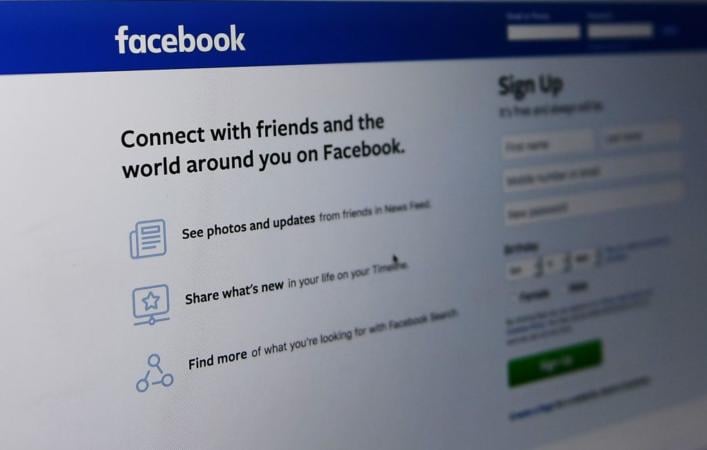The catchphrase “fake news,” which sparked amusement during the 2016 U.S. presidential election, is no longer a laughing matter. Now Facebook is taking steps to prove it. On Tuesday, the social media giant announced that it will now ban deepfake video content from its site, according to a new policy update.
Deepfake video is content altered so adroitly by artificial intelligence algorithms that it falsely convinces the reader of its authenticity. New, enhanced digital manipulation software that superimposes content can give undue credibility to media that was once readily identifiable as false. Since the swift and widespread circulation of false information in social media has an exponential effect for the misinformed and their followers, Facebook’s ban may offer a glimmer of hope.
While some applaud Facebook for taking this step, the decision does raise eyebrows. Facebook’s timing is questionable, given that this week’s announcement came just days before a congressional hearing covering digital manipulation. In addition, the ban covers a small, specific range of AI-affected content. It does not cover crudely manipulated media, omitted and distorted footage, or satire, all of which mislead viewers and have significant implications for political ads, particularly during a high stakes election year. Classic examples of such distortions are the infamous May 2019 video of House Speaker Nancy Pelosi, which employed speed delay tactics to insinuate that Pelosi was inebriated, and an equally disturbing one of Facebook CEO Mark Zuckerberg in June, which uses “dialogue replacement technology” to falsely show Zuckerberg boasting his omnipotence. Just this month, a fake 2015 photo of President Barack Obama depicted as shaking the hand of Iranian President Hassan Rouhani resurfaced, causing a stir, despite having been debunked years prior.
Since the ban’s limited scope will not prevent the propagation of fake news, some question its overall efficacy and Facebook’s level of responsibility for deepfake videos on its site. Does Facebook have the capability to detect all expertly doctored content, and how swiftly and effectively can it do so, before such content goes viral? If there is anything to learn from the last presidential election, the proliferation of false information occurred largely through social media. That said, perhaps the best way for Facebook to control misinformation is to follow Twitter’s lead, by banning political ads and related content altogether.
Editorial note: This piece has been updated since publishing.

